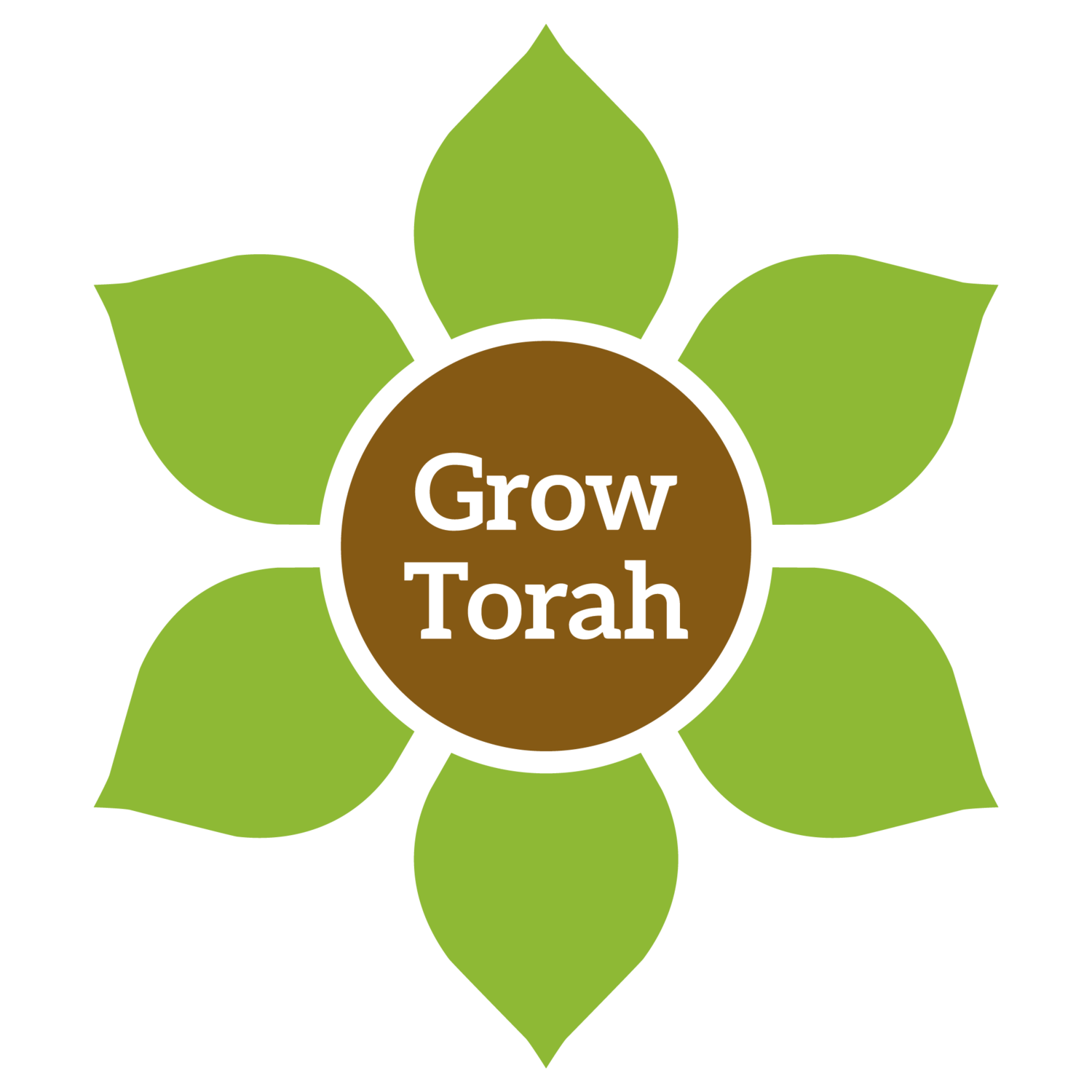Parshat Tzav: Partnering Sustainably
Original author - Shimon Steiner, GrowTorah Educator, edited by Yosef Gillers and Shoshi Ehrenreich
View Accompanying Source Sheet
וְהֵרִ֨ים מִמֶּ֜נּוּ בְּקֻמְצ֗וֹ מִסֹּ֤לֶת הַמִּנְחָה֙ וּמִשַּׁמְנָ֔הּ וְאֵת֙ כׇּל־הַלְּבֹנָ֔ה אֲשֶׁ֖ר עַל־הַמִּנְחָ֑ה וְהִקְטִ֣יר הַמִּזְבֵּ֗חַ רֵ֧יחַ נִיחֹ֛חַ אַזְכָּרָתָ֖הּ לַהֹ'
A handful of the choice flour and oil of the meal offering shall be taken from it, with all the frankincense that is on the meal offering, and this token portion shall be turned into smoke on the altar as a pleasing odor to Hashem. (Vayikra 6:8)
Why is the afternoon prayer called “Minchah”? Shouldn’t it, like the other two statutory prayers, be called after the time it is said? The order should be Shacharit/Morning; Tzaharayim/Midday; Arvit/Evening. But we call it “Minchah,” or gift. Rabbi Dovid Feinstein notes that it is especially pleasing to Hashem because it is said during the day, when one is busy with other things, and is more of a sacrifice. And yet it is by far the shortest of the prayers, so in that way, it is less of a sacrifice. A curious combination.
Among the sacrifices detailed in Parshiyot Vayikra and Tzav, the Korban Minchah stands out for a few reasons: It is the most simple one, and seemingly the least expensive. It appears to be within reach of even the common people, mainly containing flour and oil, which can be mixed by the offerer before being given to the Kohen. In this way, it is like our Tefillat Minchah, being the smallest of the Korbanot.
But there is another ingredient: Frankincense. Frankincense is the dried sap of a tropical tree called Boswellia sacra. It was used for incense and healing and, in Biblical times, was traded over long distances. The animal sacrifices do not require Frankincense. They, like all sacrifices, required only salt. So the Korban Minchah is also a curious combination of apparent opposites: Simple and easy in that it was just flour and oil, but on the other hand it required a spice grown far away, which may not have been cheap for the common Jewish person. Why might this be so?
One notion to consider is that Animal Korbanot not only come at a higher cost but also serve as a visceral reminder of the trade-off involved, as they necessitate the taking of a life. Similarly, frankincense, regardless of its monetary value, originates from the harm inflicted upon one of Hashem’s creatures: the tree. Extracting frankincense involves making significant cuts in the tree, prompting it to protect itself by exuding resin to fend off microbes and insects. When done sparingly, this practice does not significantly harm the tree. Unlike farming flour or oil, which require taking the fruits or seeds of a plant, farming frankincense demands direct harm to the tree, Hashem’s creation, itself. It therefore demands foresight, quid-pro-quo, and responsible stewardship. We have to limit our harm to the trees, or we will have nothing at all.
In short, Hashem asked us to add a unique ingredient to this smallest of sacrifices, one that reminds us that we are partnering with his creatures to make it. And that there is no alternative to doing it responsibly.
Suggested Action Items:
Learn about the process of the Minchah sacrifice. This pictorial guide shows all the steps.
Learn about why frankincense farming is now threatening Boswellia tree populations: This National Geographic article summarizes the problem.
Try to buy and consume sustainably sourced products. This can be subjective, but there are online resources to help you make informed decisions.
Click here to sponsor a parsha.
